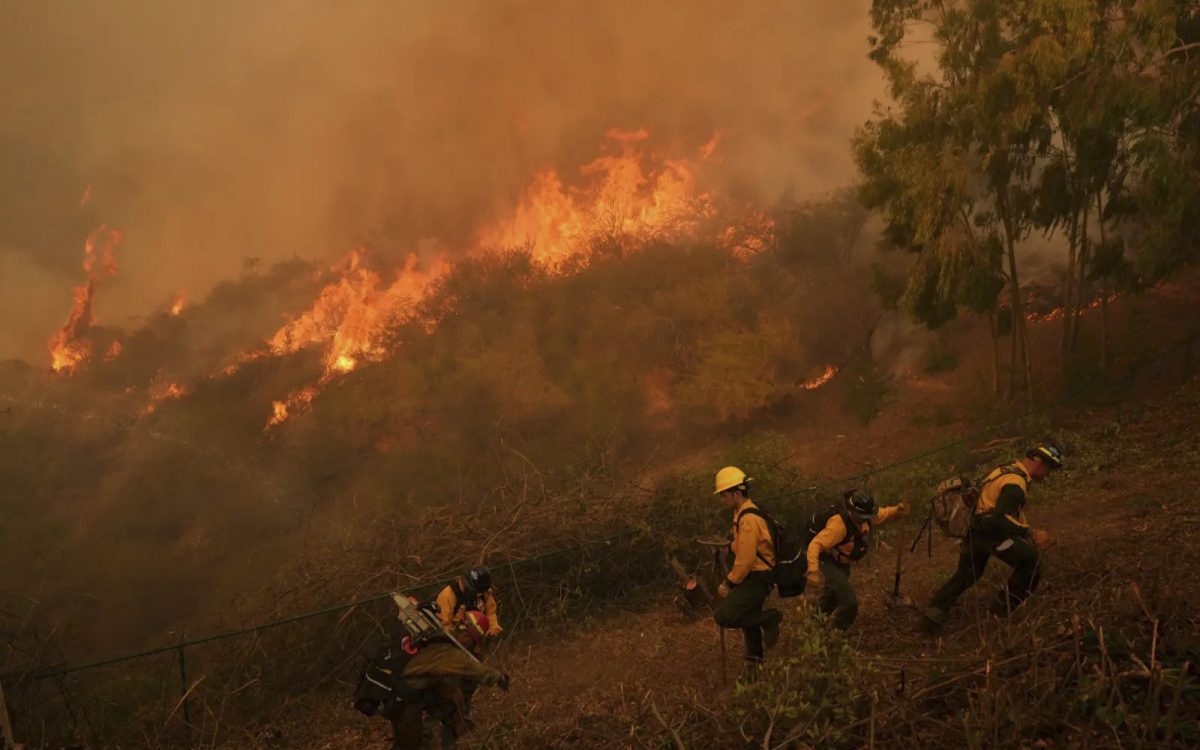As of Feb. 1, the devastating wildfires in Los Angeles, Calif., were declared to be fully contained after burning for three weeks. The wildfires, which began on Jan. 7, have burnt down over 16,000 structures and caused more than $250 billion in total damage and economic loss, according to AccuWeather.
The massive damage poses the question about the viability of major future sporting events when homes, buildings and local businesses have been destroyed across the city.
However, despite the fires, WDSU 6 News reported that sporting events in Los Angeles — the 2026 World Cup, the 2027 Super Bowl and 2028 Summer Olympics — remain scheduled to happen according to plan.
Preparations for the Summer Olympic Games have remained unaffected by the fire. The fires did not affect competition venues or housing areas for the event just outside the dangerous zone.
Earlier this month, there was concern that these sporting events could be at risk due to the two major fires destroying parts of the city which had not been contained until Jan. 31, but now, the sporting events are secure. The Lakers-Spurs and Clippers-Hornets games were postponed due to the fires.
The Los Angeles fires have also caused greater harm in the city’s communities. There were 17 wildfires between Jan. 7 and Jan. 31. These fires in the Los Angeles metropolitan area and San Diego County almost entirely burned down the Palisades and Eaton neighborhoods, forcing residents to evacuate their homes and leave their belongings behind. Iris Stewart-Frey, professor of environmental science at Santa Clara University in California, told BBC Sport: “In no place are we immune from the things we have done to the environment. In many ways it is a wake-up call.”
She also stated that these fires served as an opportunity to evaluate the costs and benefits of these upcoming major sporting events for the city. The fires have opened up a larger conversation about climate change’s impacts on the 2028 Olympics. Since Los Angeles last hosted the Olympics in 1984 and the World Cup in 1994, California’s weather conditions have become more extreme and unpredictable. Not only are these sporting events affected by climate change, but they are also heavy contributors. For example, it is estimated that the 2022 Qatar World Cup added 3.6 million metric tons of carbon emissions to the atmosphere.
The Palisades and Eaton fires are two of the most destructive fires in California’s history. The team working to combat the fires over the 24 days of spread is receiving recognition for how they stepped up during this time of catastrophe.









































